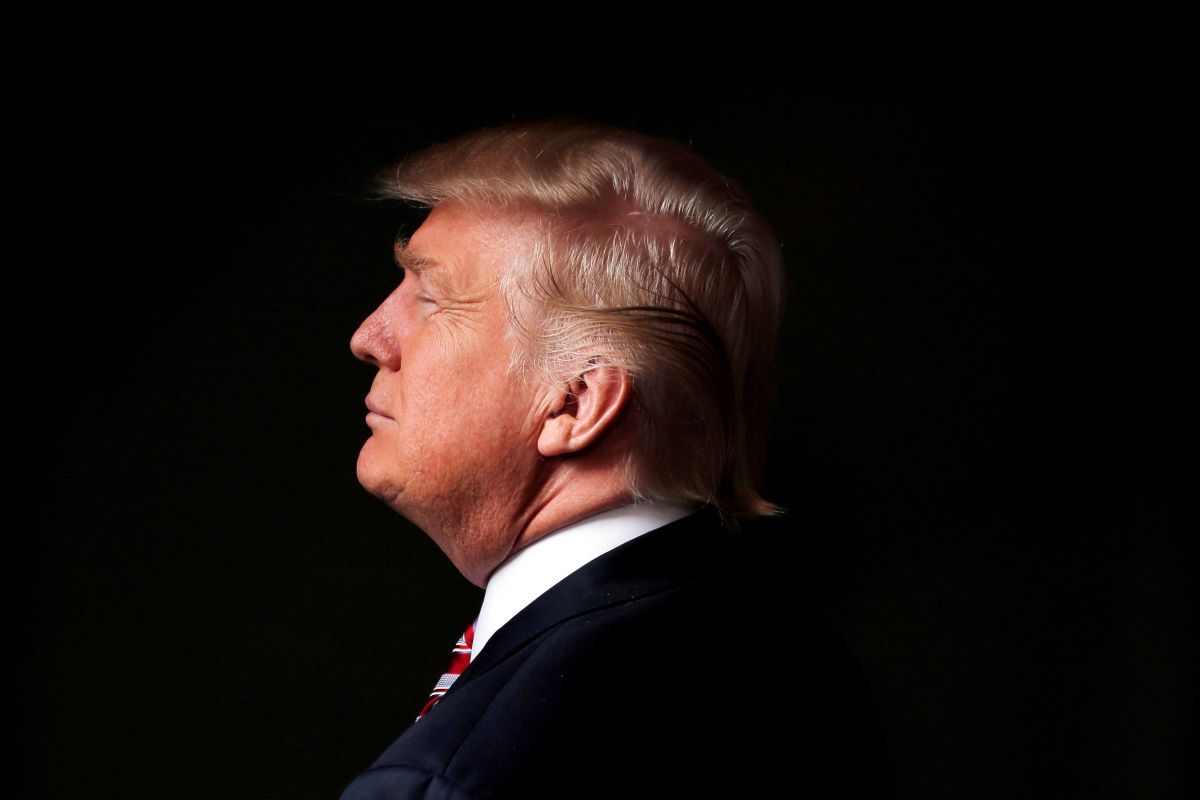
It Can't Happen Here was the title of Sinclair Lewis's celebrated 1935 novel about fascism in America. It didn't then, and many well-informed Americans — Republicans and Democrats — believed that the election of Donald Trump wouldn't happen either, FT wrote.
Italy might once have fallen for Silvio Berlusconi. Britain might have opted for Brexit. But Mr. Trump, the property mogul-turned-reality TV star, would never get past the American people. The most generous forecasts, such as that of statistician Nate Silver, gave him a one-in-three chance of taking the White House just days before the election.
Then came the night of Mr. Trump's triumph. It was one that few with even the faintest political awareness will ever forget. Almost everyone turned out to be wrong — everyone, that is, except the man who apparently lived in a fantasy world. "It is going to be Brexit times five," Mr. Trump said during the campaign. For once he may have been understating things.
Read alsoBBC: Donald Trump is Time magazine's Person of the YearMost historic dates are shorthand for greater forces. Archduke Ferdinand's assassination in 1914 did not cause the first world war. It triggered it. Mr. Trump did not upend U.S. democracy on November 8, 2016. It has been dysfunctional for years. It is no coincidence that Mr. Trump's victory took place in the same year as Brexit, the No vote in the Italian referendum and other populist eruptions across the western world.
Each circumstance may be unique but they are bound by powerful trends. The biggest is a general revulsion against established politics. Closely related is the collapse in trust for the media — or the Lugenpresse as Mr. Trump's alt-right supporters call it, in a reprisal of Hitler's attacks on the "lying press". A third is a rejection of globalization. Mr. Trump's vow to "put America first" echoes what his European counterparts say about their countries. The older, whiter, non-urban and heavily male coalition that helped to elect him is strikingly similar to populist demographics in Europe.
Mr. Trump's most extravagant claim was that "I alone can fix it" — by which he meant the "rigged" system of special interests who curry favor with politicians to further their ends. Mr. Trump was happy to admit he was one of those special interests, having contributed to both the Democratic and Republican parties during a lifetime of political shape-shifting. He also bragged of having avoided taxes. Yet he vowed to be an iconoclastic president in which no rules, institution or even constitutional principle would be sacred.

